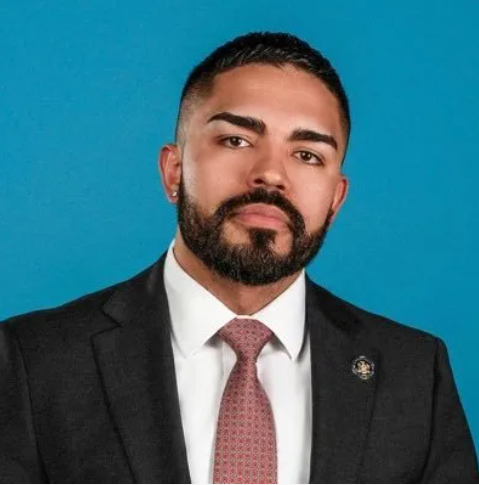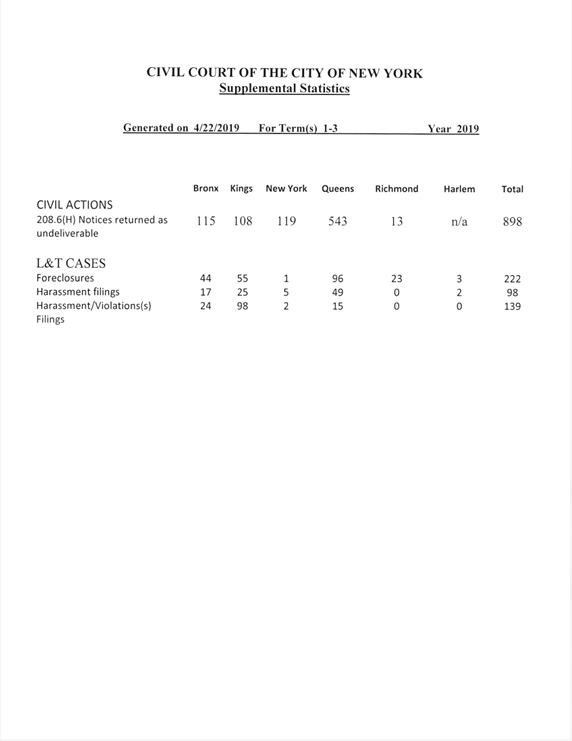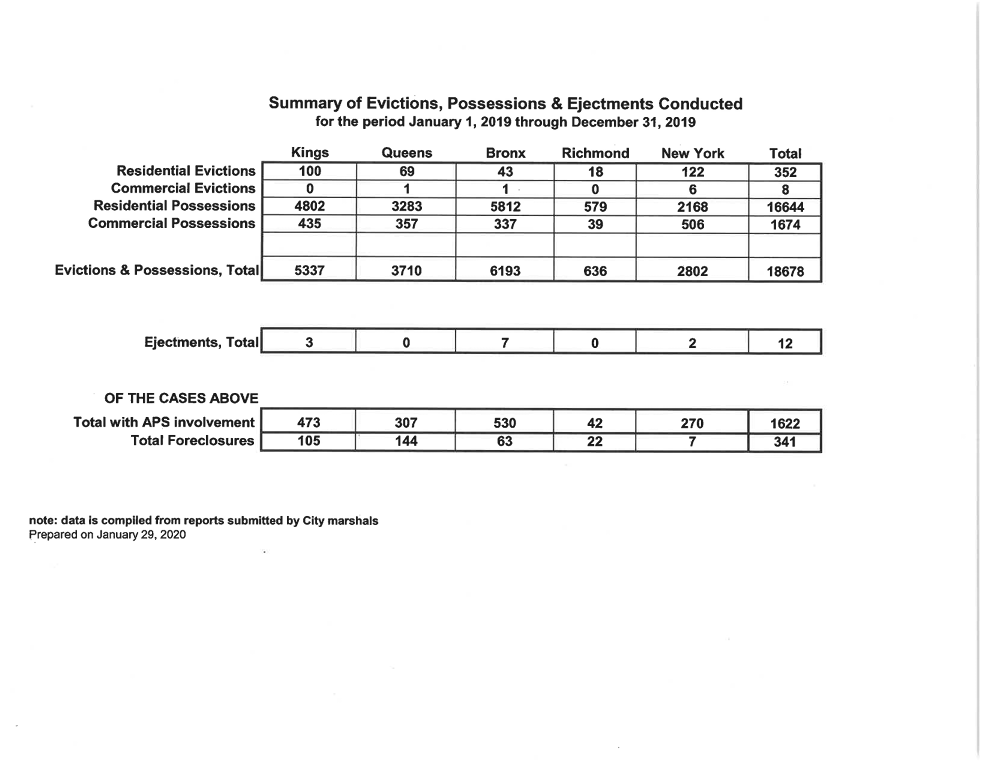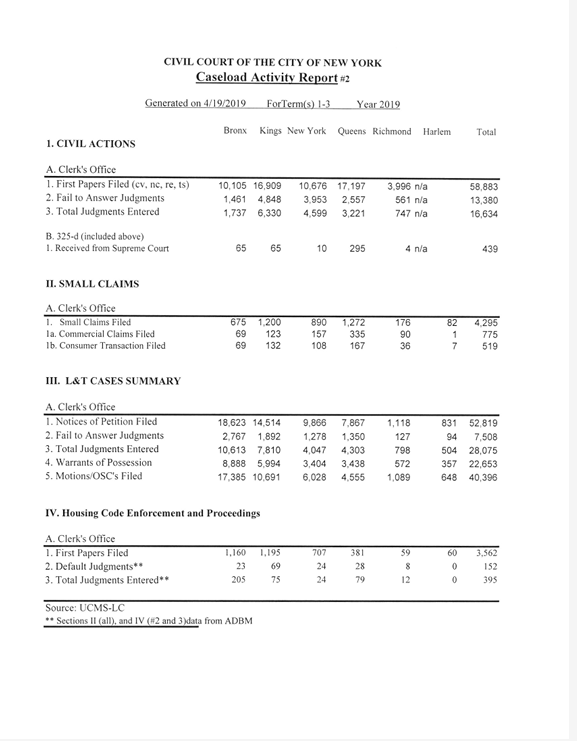
Photo courtesy of Kenny Burgos
The New York Apartment Association (NYAA) officially launched in early September, led by the former Bronx assemblyman for A.D. 85, Kenny Burgos, who will serve as the organization’s CEO. According to its website, NYAA is the largest trade organization representing private, multifamily building owners in the country. “NYAA will promote responsible housing policies to preserve affordable housing for future generations of New Yorkers, and represents the vital role these buildings serve in New York’s city and state economy,” an extract from the launch announcement read.
According to NYAA, the 501(c)(6) represents a diverse coalition of building owners and managers who provide the majority of affordable housing in every neighborhood in every borough in New York City and beyond. Its representatives said the new group was formed from the combined membership and staff of the Community Housing Improvement Program (CHIP) and the Rent Stabilization Association (RSA).
Founded in 1966, CHIP is a trade association for owners of over 400,000 rent-stabilized rental properties across New York City’s five boroughs. The Real Deal recently questioned if the NYAA is really a kinder, gentler landlord group, rebranded.
“Housing is more than just a roof over our heads—it’s the very lifeblood of New York,” said Burgos, who resignedabruptly from his role as assemblyman in July, citing a need to spend more time with his young family. “When we elevate housing, we elevate lives, boost the economy, and energize entire communities,” he said.
“As CEO of the New York Apartment Association, my mission is clear: to work hand in hand with all stakeholders to promote housing policies that truly serve everyone,” Burgos added. “We can make housing in New York affordable, high quality, and abundant, which will improve the quality of lives for millions of renters, and allow building owners to invest in their buildings and communities. We’re not just providing homes; we’re shaping the future of New York.”
Meanwhile, Zachary Kerr, NYAA vice chair, added in part, “The members of NYAA, many of whom are multigenerational, live in New York, have built stable communities in New York, and are dedicated to the long-term success of New York.”
NYAA officials said the organization seeks to improve the relationship between housing providers and renters; advocate for and improve government regulations and housing policy to ensure high quality housing and lower the operating costs of administering housing; and to provide education and support to renters so they know their rights and responsibilities.
They said affordable housing is at risk due to “unbalanced policies” that have defunded apartment buildings and caused widespread economic distress. They added that NYAA’s top priority is to improve the quality and supply of housing.
To do this, they said housing policy must incentivize and encourage apartment building owners to invest in rental housing; preserve and develop rental housing that meets the needs of New Yorkers; and reform rent regulations so they do not limit supply. They said it must also change what they described as “the fundamentally unfair and inequitable property tax system that imposes substantially unequal tax bills on similarly appraised properties that bear little relationship to actual market values.”
In addition, they said housing policy must modernize zoning in New York City, and work with the government to lower the operating costs for buildings, including insurance rates, water and sewer costs, and unfunded mandates.

Source: Unified Court System
They said NYAA will also work to grow the resources available to renters in need. “To do this, we must fully fund vouchers with an ultimate goal of establishing a universal voucher system; streamline the voucher process by eliminating bureaucratic hurdles; and implement a diversion program for struggling tenants who accrue rent arrears, so they can get help without having to go to Housing Court,” they said.
Meanwhile, according to apartments.com, as of September 2024, the average rent in The Bronx is $1,605 per month, a 0.7% increase since last year while the average apartment size is 521 square feet. For comparison, the national average rent price in the U.S. is currently $1,564/month, which means Bronx rent prices are 3% higher than the national average.
“When you rent an apartment in [The] Bronx, you can expect to pay about $1,587 per month for a studio, $1,605 for a one-bedroom apartment, and around $2,056 for a two-bedroom apartment,” an extract from the website read. “If you opt for a three-bedroom rental, you could pay $2,408 or more.”

Source: Unified Court System
Meanwhile, Aaron Sirulnick, NYAA chairman echoed Burgos’s sentiments on the goals of the organization, saying, “Apartment buildings are the biggest providers of affordable housing in the city and a bedrock of the economy, and any policies impacting housing need to encourage maintenance, investment and opportunity.”
Sirulnick continued, “New York is constantly evolving and changing, so we need creative and forward thinking leadership to adapt. This is why we are excited about forming NYAA and are proud to welcome Kenny Burgos as our new CEO. He will lead our efforts to implement better housing policy, which we know can improve the lives of renters and allow property owners to invest more back into their buildings.”





